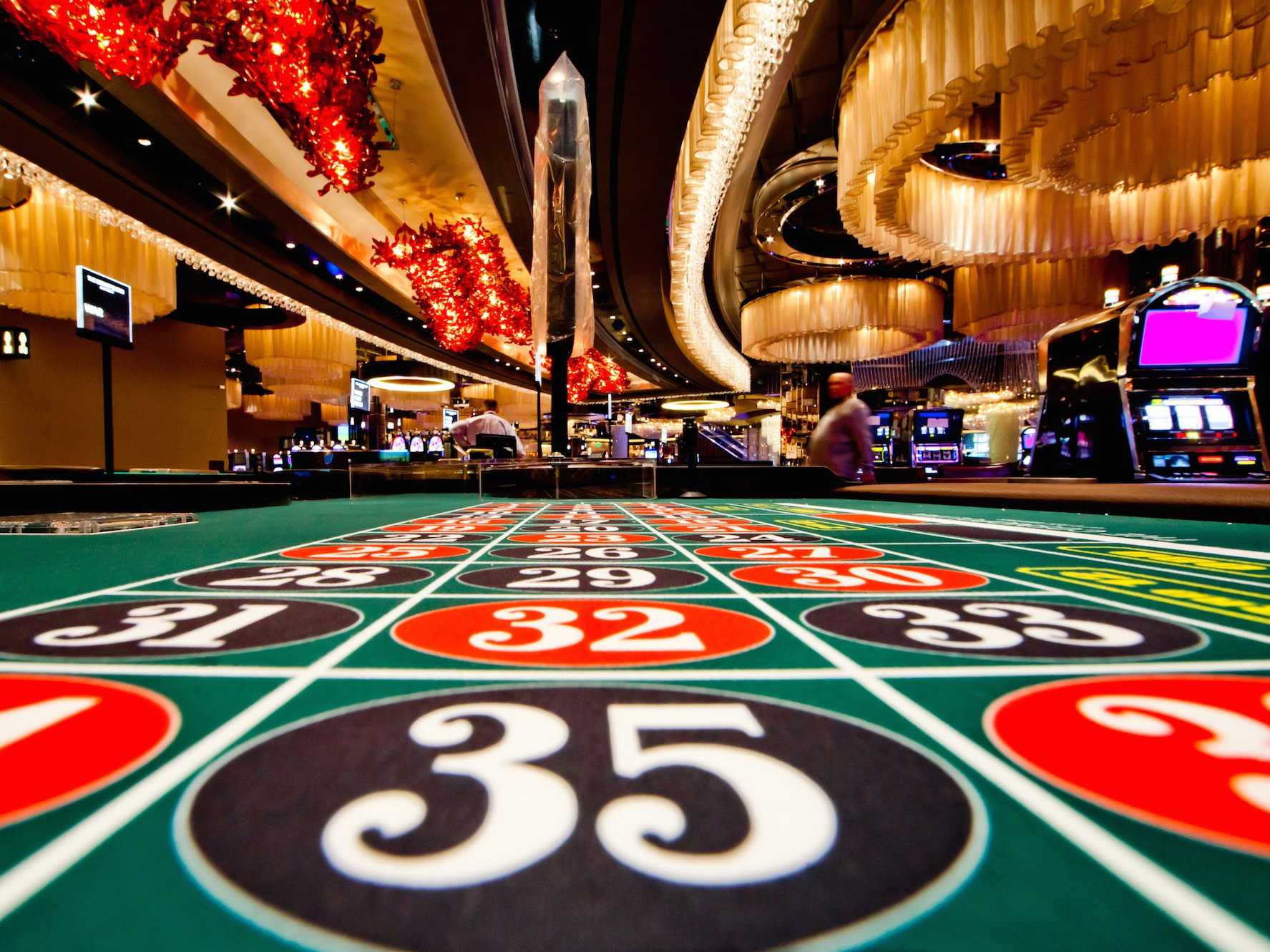
Gambling games have long been a staple in human culture, providing not just entertainment but a fascinating reflection of our aspirations, dreams, and concerns. Đánh giá các tính năng mới trên trang web FB88 From the rotating wheels of a slot machine to the skill-based strategies of poker, these games represent a spectrum of human emotions and experiences. At their core, casino games are not just a chance to make profits; they are a snapshot of life itself, where risk and reward converge and fate can change in an instant.
As players gather around tables or sit in front of glowing machines, they participate in a ceremony that transcends mere playing. These games mirror our instinctive desires for relationships, thrill, and the search for fortune. They also disclose deeper truths about human nature, such as our relationship with chance and the thrill of uncertainty. In exploring casino games, we uncover not only the nuances of play but also the complex weave of the human journey, showcasing our intertwining narratives of hope and reality.
The Psychology of Gambling
Wagering is deeply rooted in human psychology, tapping into various emotions and wants. The excitement of taking risks is a core aspect that attracts participants, be it it’s excitement of spinning a roulette or the anticipation of drawing a winning hand in poker. This adrenaline is often compared to other forms of thrill, as the uncertainty of outcomes elicits a unique psychological response. Gamblers often find themselves entranced by the possibility of striking it rich, leading to an almost magnetic draw toward casino games.
Another, an essential component of the psychology behind gambling is the concept of hope and ambition. Players often indulge in fantasies of financial freedom and the opulent lifestyle that can follow winning. This hope fuels their continued participation in casino games, as it provides a sense of purpose and the conviction that a life-changing win could be just one bet away. The narrative of beating the odds and achieving success resonates with many, reinforcing their commitment to play and engage with these games.
Finally, social dynamics play a significant role in gambling psychology. Gambling venues are designed to foster social interaction, where players gather to share the experience of wins and losses. This communal aspect not only amplifies enjoyment but also affects behavior, as individuals often mimic the actions of others in their vicinity. The collective approval found in shared excitement can magnify the emotional experience, making casino games a reflection of not just personal desires but also collective engagement within the gambling community.
## The Dual Nature of Risk and Reward
Casino games embody the fragile balance between risk and reward that resonates profoundly with human nature. FB88 The thrill of placing a bet is often accompanied by a rush of adrenaline, as players are confronted with the prospect of striking it rich, yet conscious of the risk to suffer losses. This dual experience reflects a essential aspect of life: the decisions we face often come with intrinsic risks, and the chase for gain can drive us to take chances we might not normally consider. In this way, gambling activities reflect real-world decisions, enticing players to gamble not just their capital, but also their aspirations.
The allure of grand jackpots and payouts fuels a sense of optimism, inspiring players to imagine a better future that could emerge from a fortunate turn of the wheel or flip of a card. This optimism can motivate individuals to engage in more daring actions, encouraging them to push their boundaries in search of economic benefit. However, just as in life, the consequences of these decisions can lead to both triumph and despair. The stories of both jackpot winners and those who have lost everything at the casino demonstrate the unpredictable nature of luck and its significant impact on our futures.
Ultimately, the experience of engaging with casino games serves as a vivid illustration of the nature of humanity. Every session played is imbued with the tension of ambiguity, as gamblers weigh the rewards against the dangers. This balance not only highlights the thrill that comes with gambling but also unveils the weaknesses that come with the desire for more. As we explore the complexities of choice and consequence in both the casino and in life, we find that the search for benefit shapes our identities and experiences in profound ways.
Culture and Loneliness in Casino Culture
Casino environment is a distinct blend of communal engagement and individual endeavor, reflecting the tensions of human experience. Players often come together around games, experiencing in the thrill of the game, rejoicing in wins, and commiserating over losses. This communal aspect is vital, as it fosters a sense of belonging and camaraderie among varied groups of people. Regular visitors to gaming establishments may build friendships and develop routines, turning the casino into a second home where they experience connected to a greater community of players.
However, the allure of gambling games can also lead to loneliness. As individuals become engrossed in the thrill of gambling, they may withdraw from personal relationships or neglect to interact with the environment outside the casino. For some, the search of a windfall can distract from genuine relationships, leading to loneliness. The experience of being among people yet feeling solitary is not uncommon, as the focus shifts from shared enjoyment to the private concerns of each individual’s journey.
This interaction of community and isolation creates a vivid tapestry that defines casino culture. It showcases the intricacy of social interactions, where joy and sorrow exist together. Casinos serve as both a refuge for social interaction and a stage for individual struggles, demonstrating how deeply entwined our yearning for companionship and the individual quest for fortune can be. In navigating this landscape, gamblers confront their own stories—seeking both the rush of the wager and the companionship of fellow gamblers, eventually reflecting the wider spectrum of individual experience.
